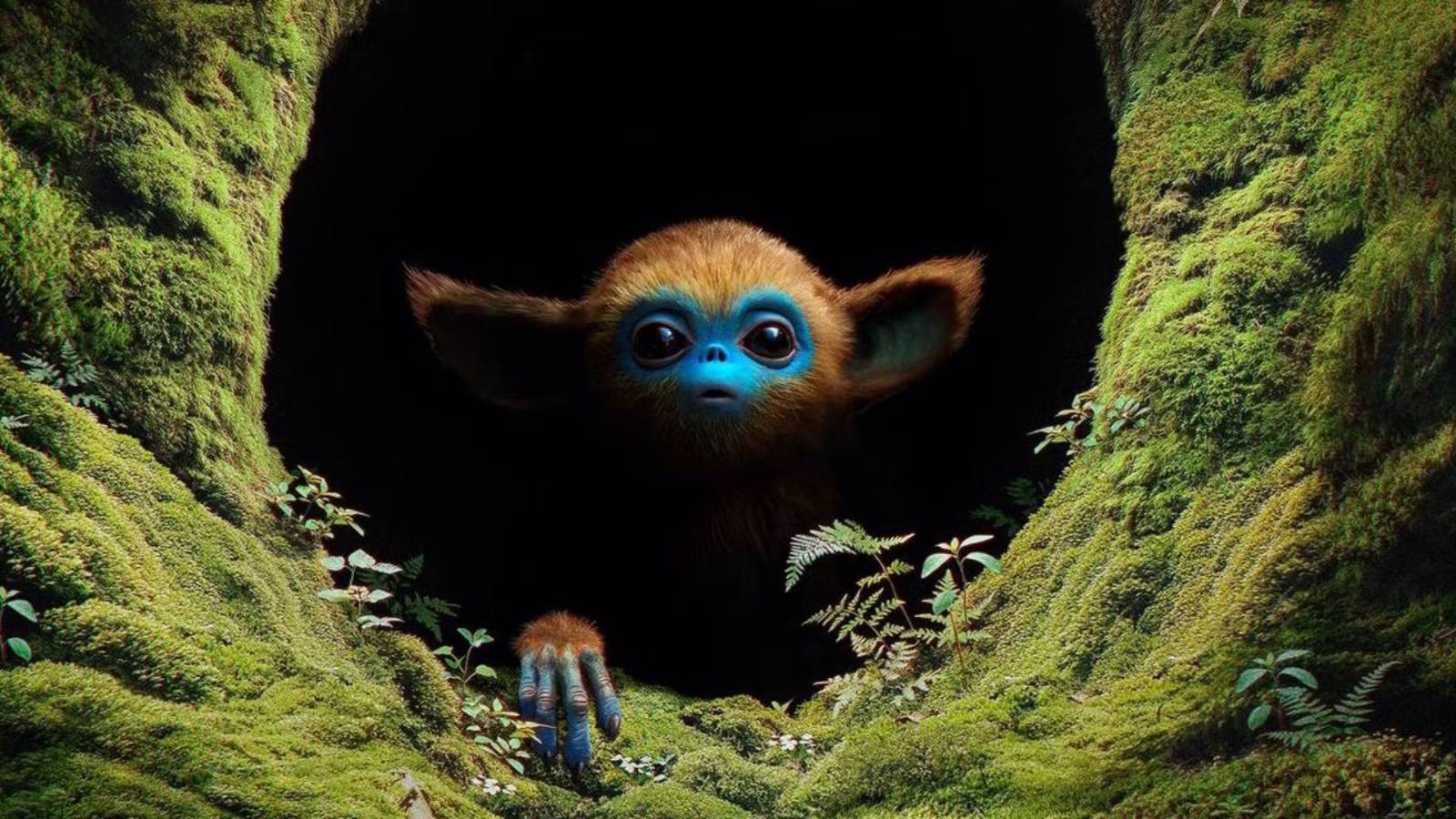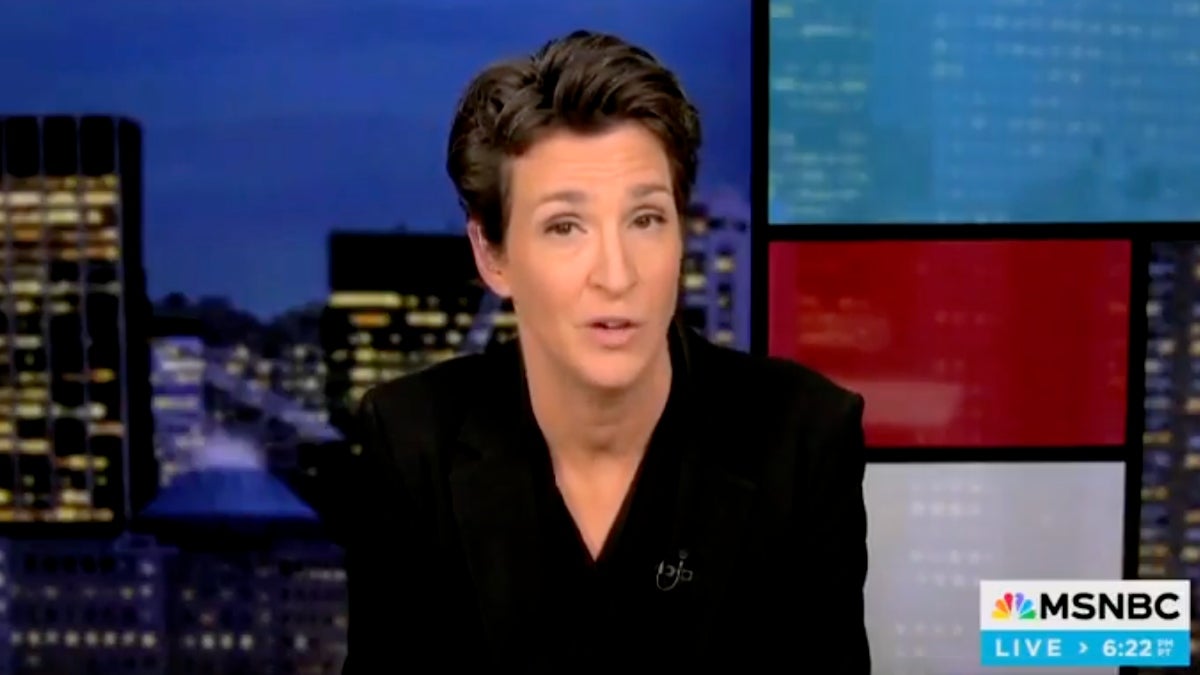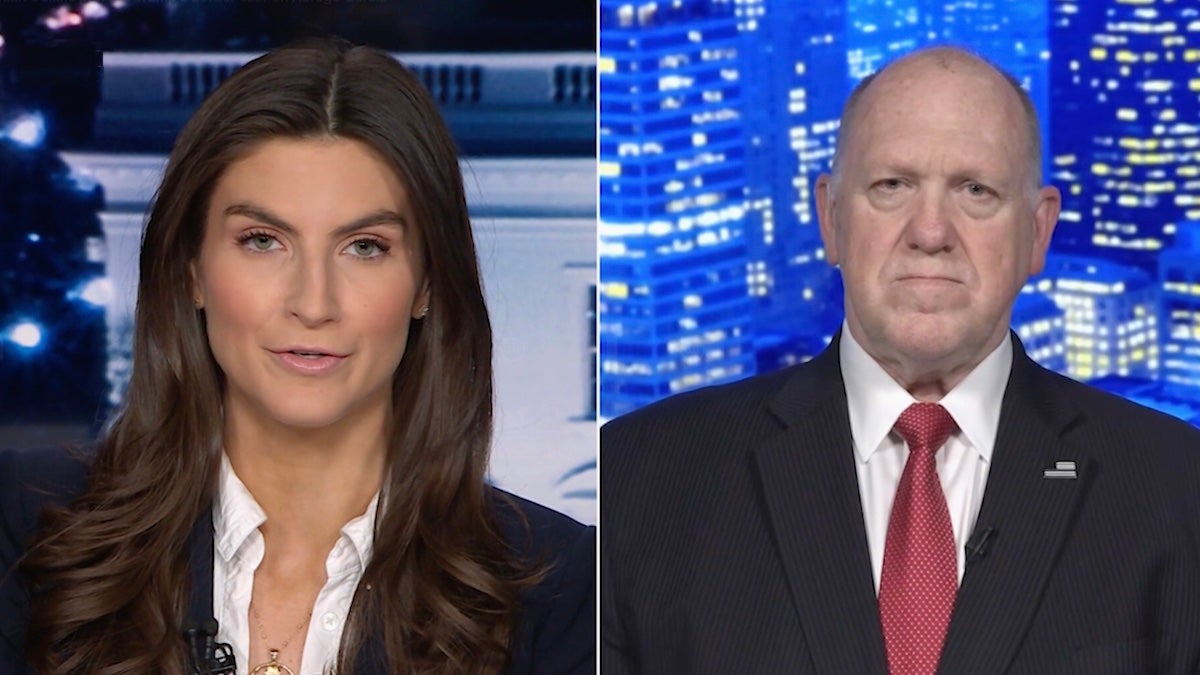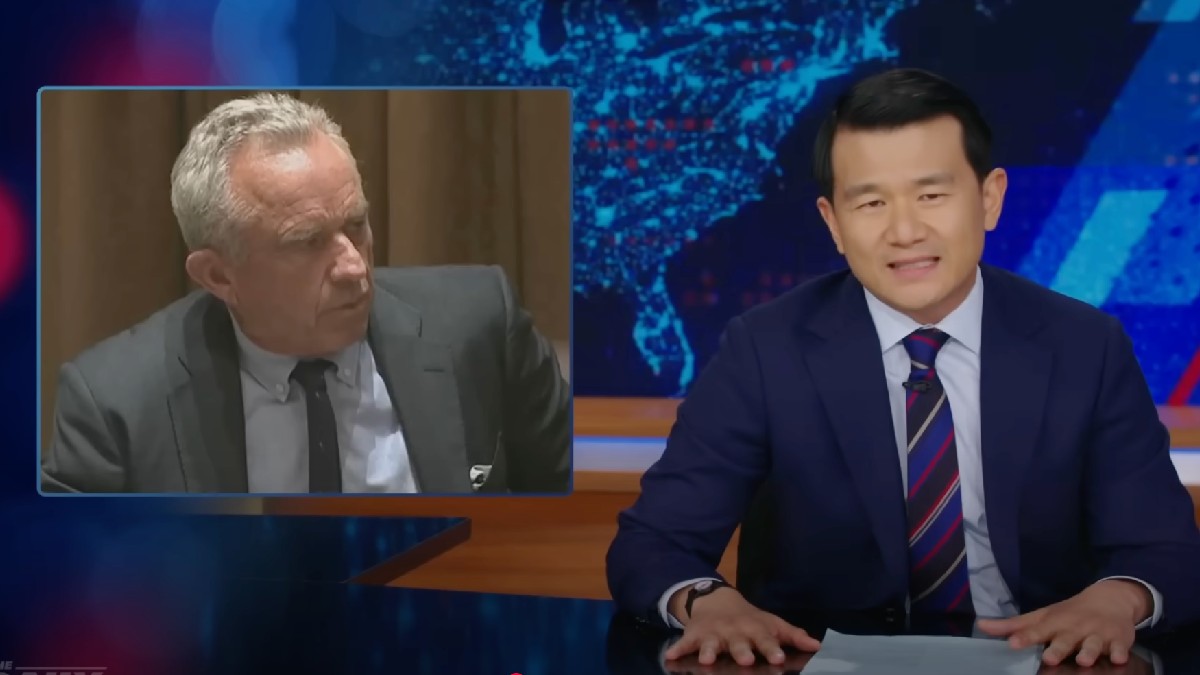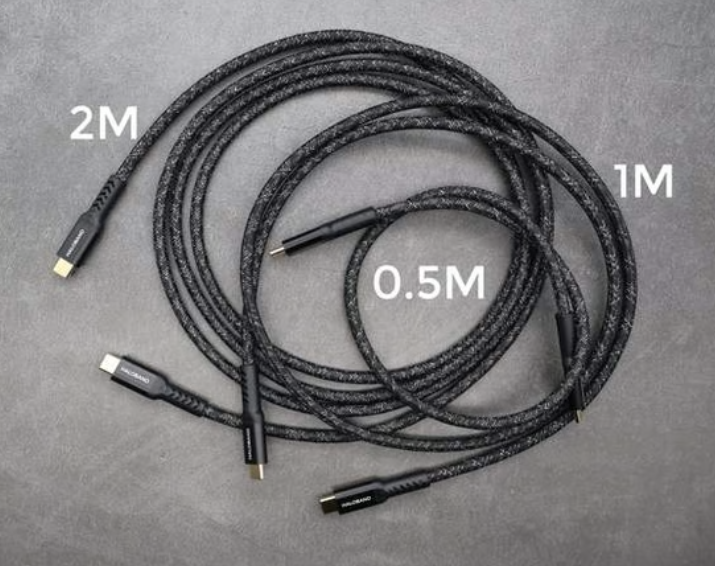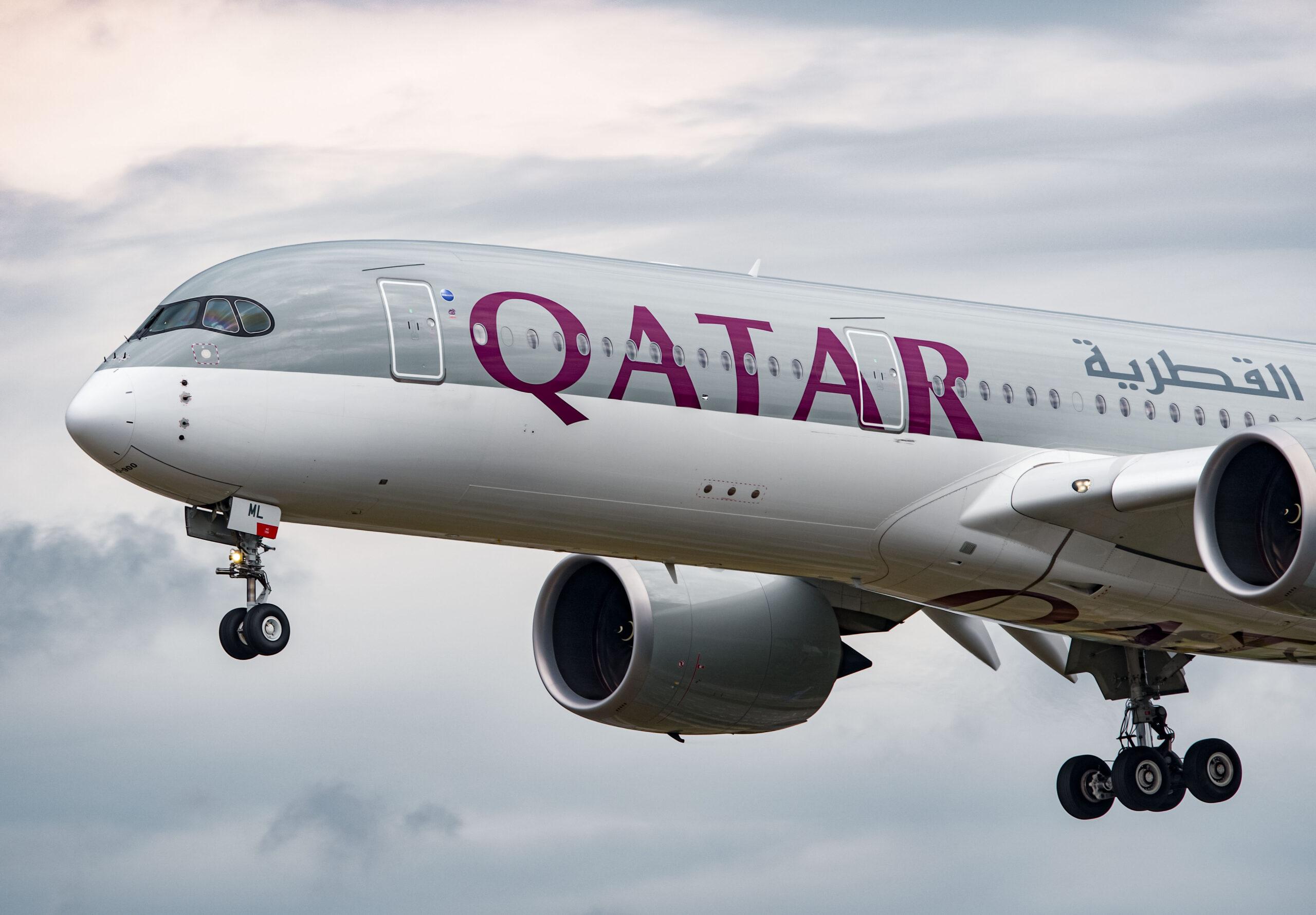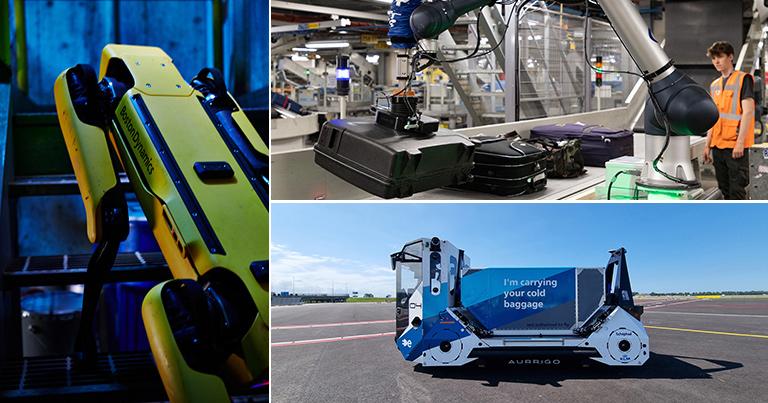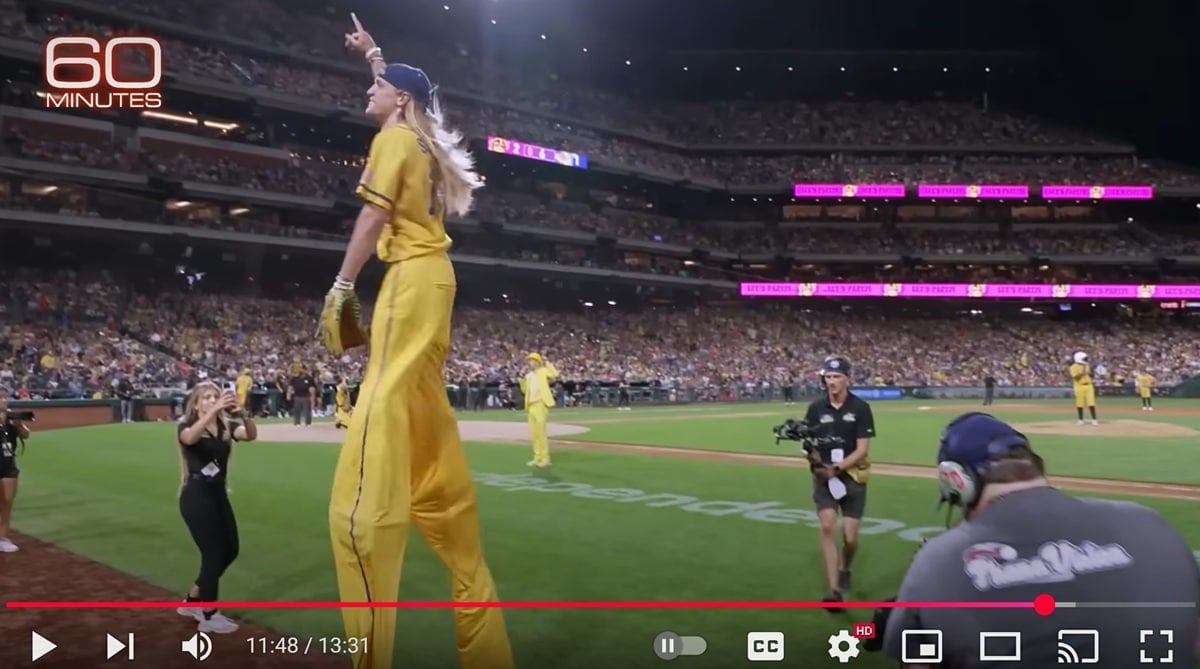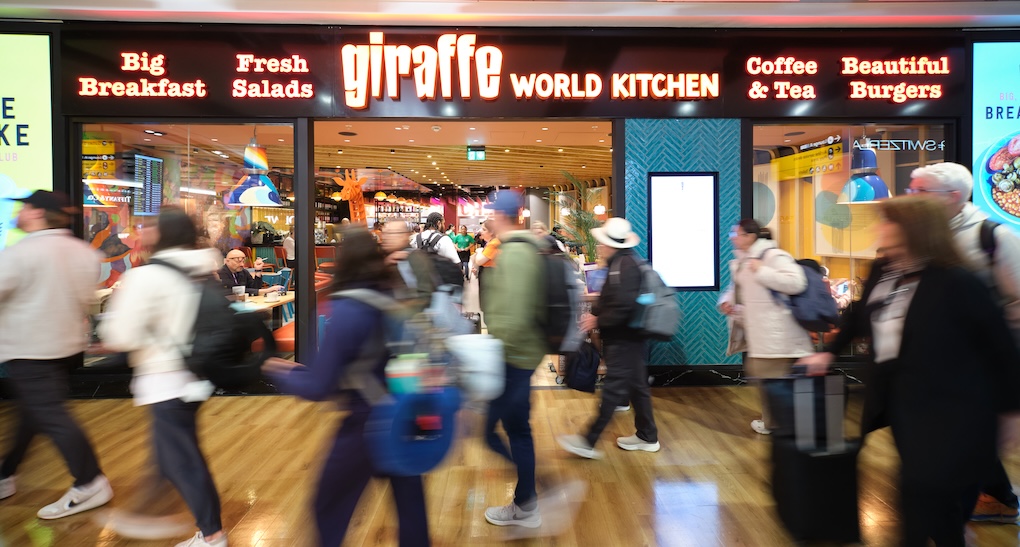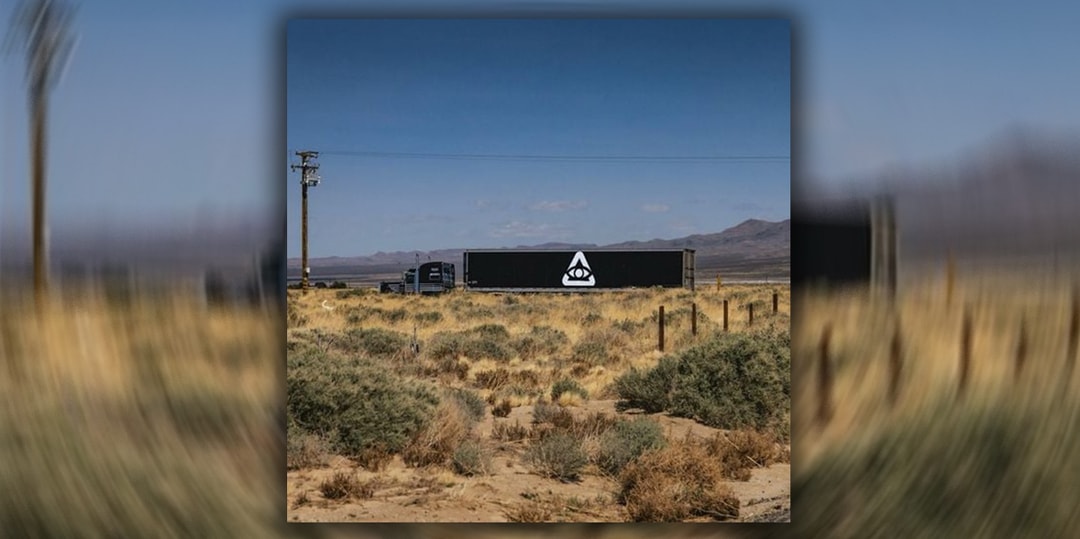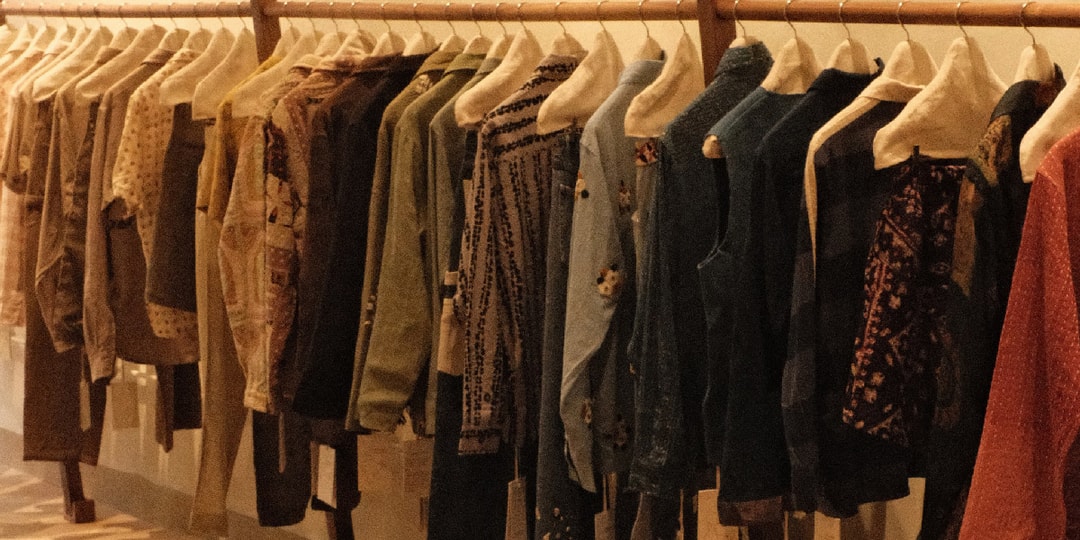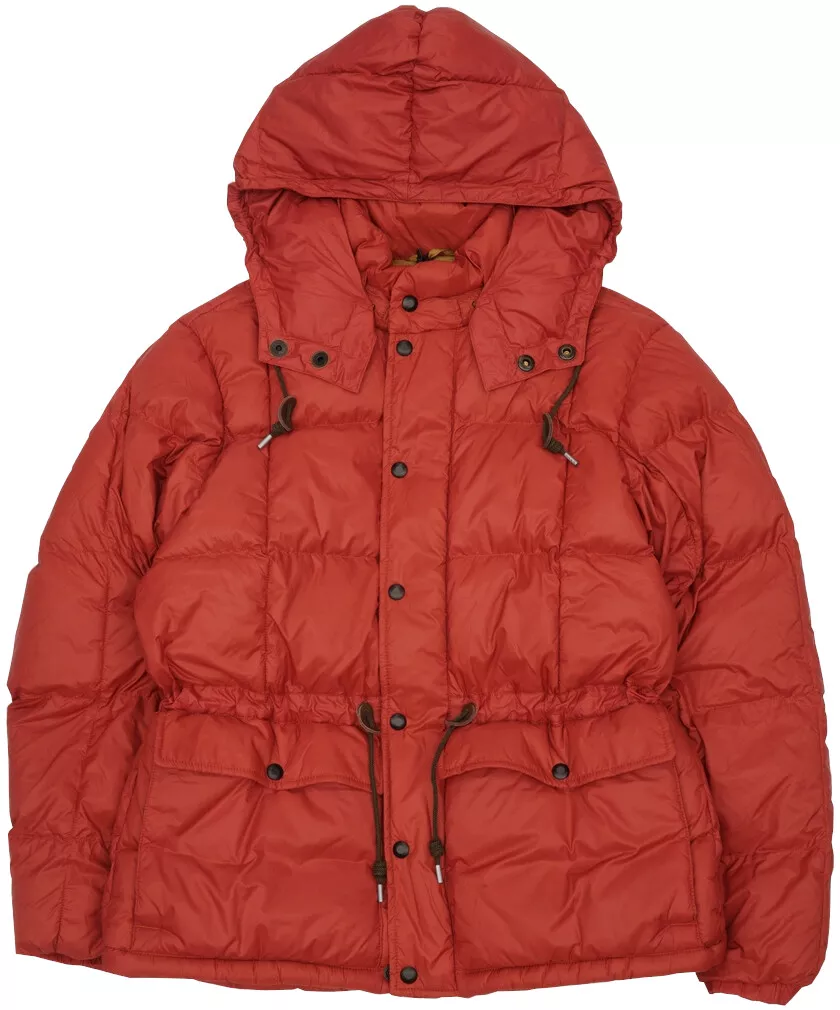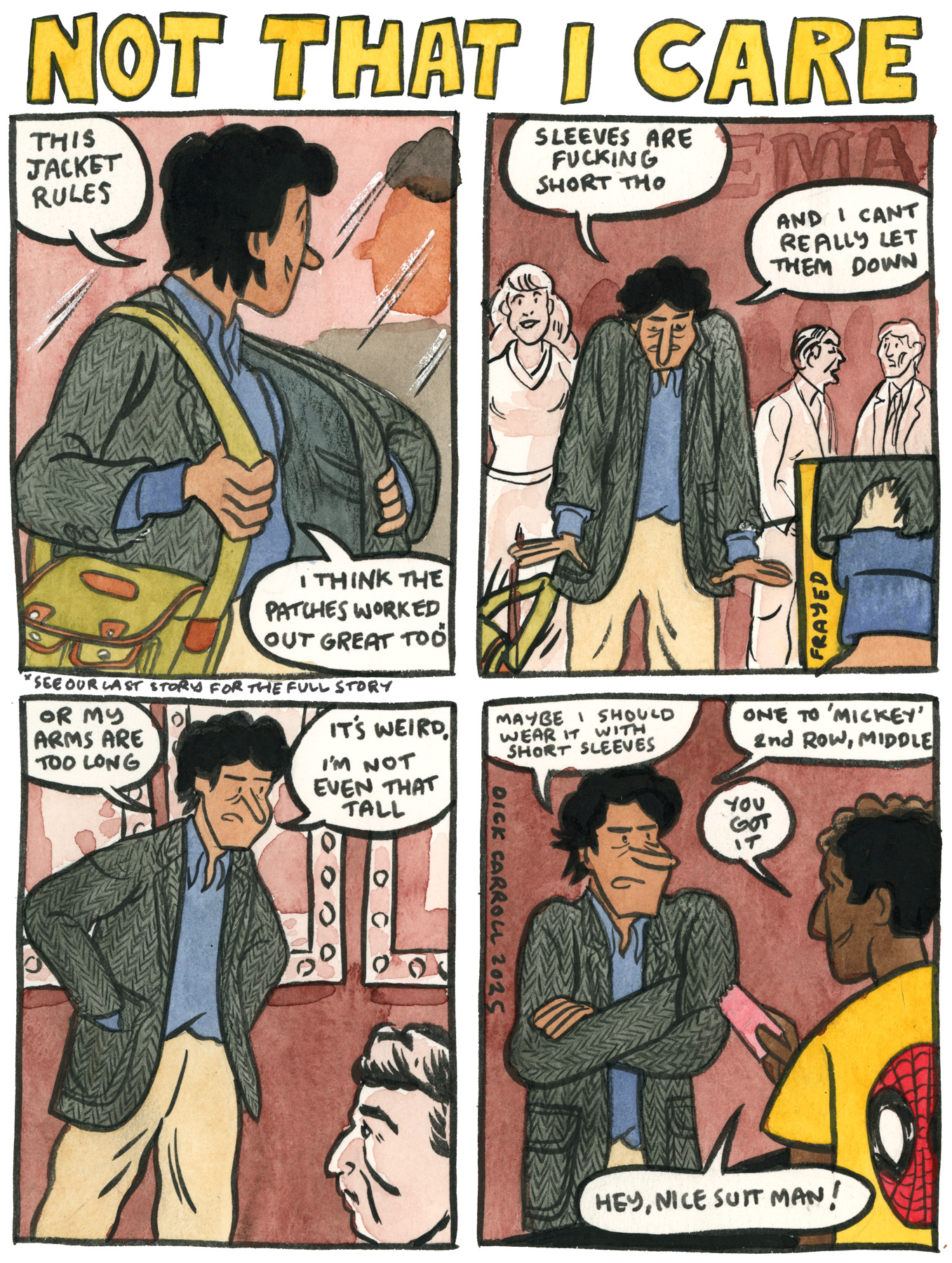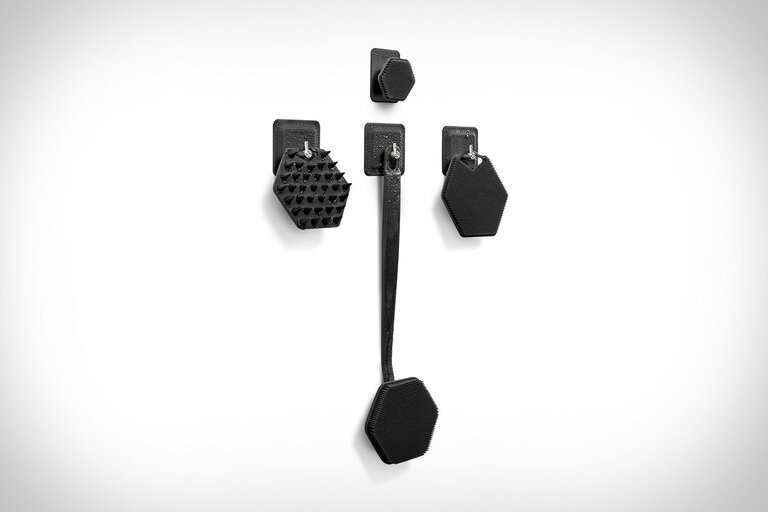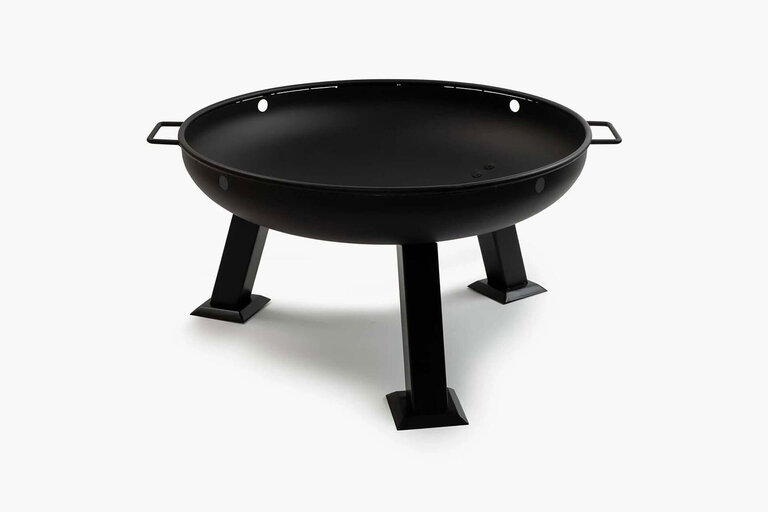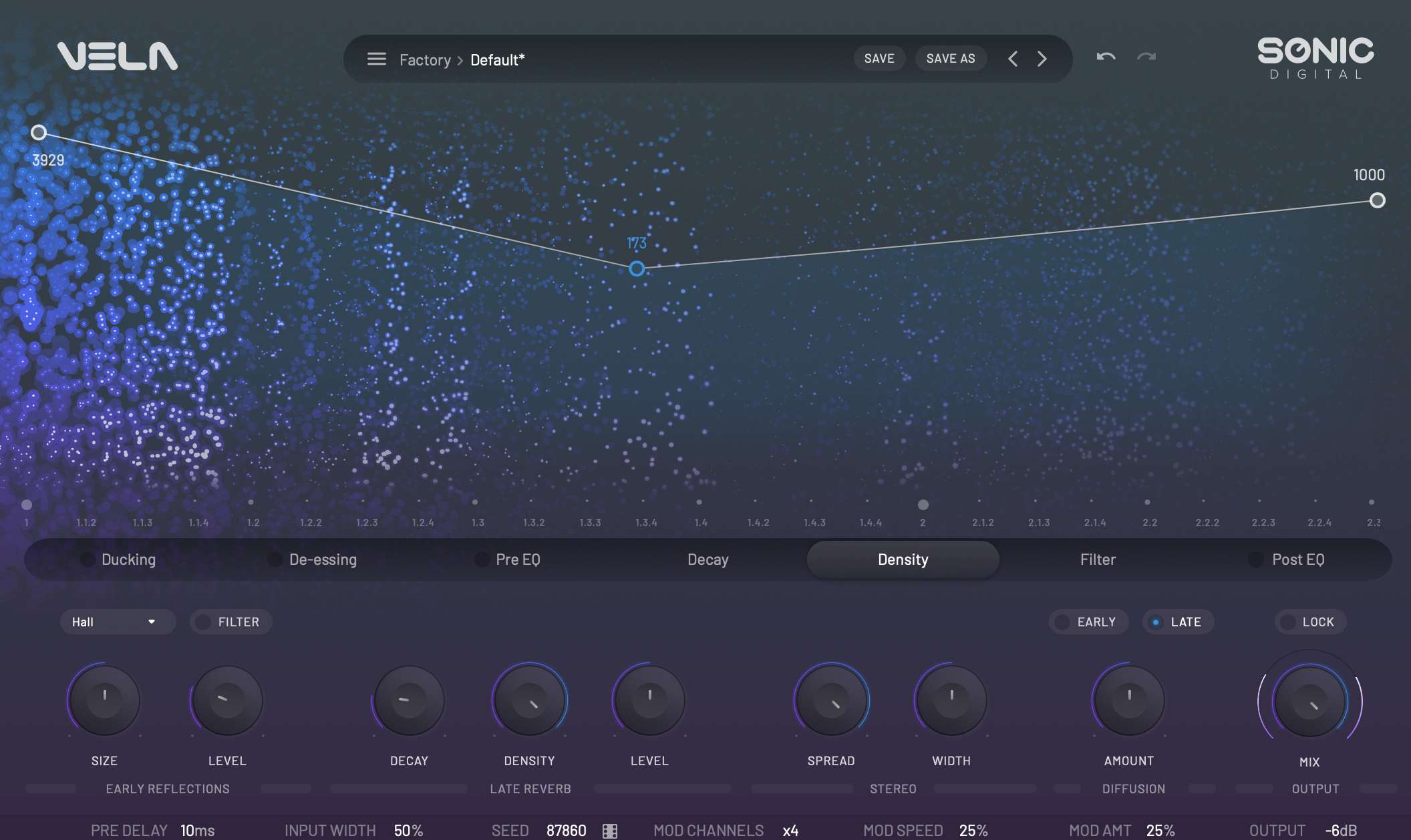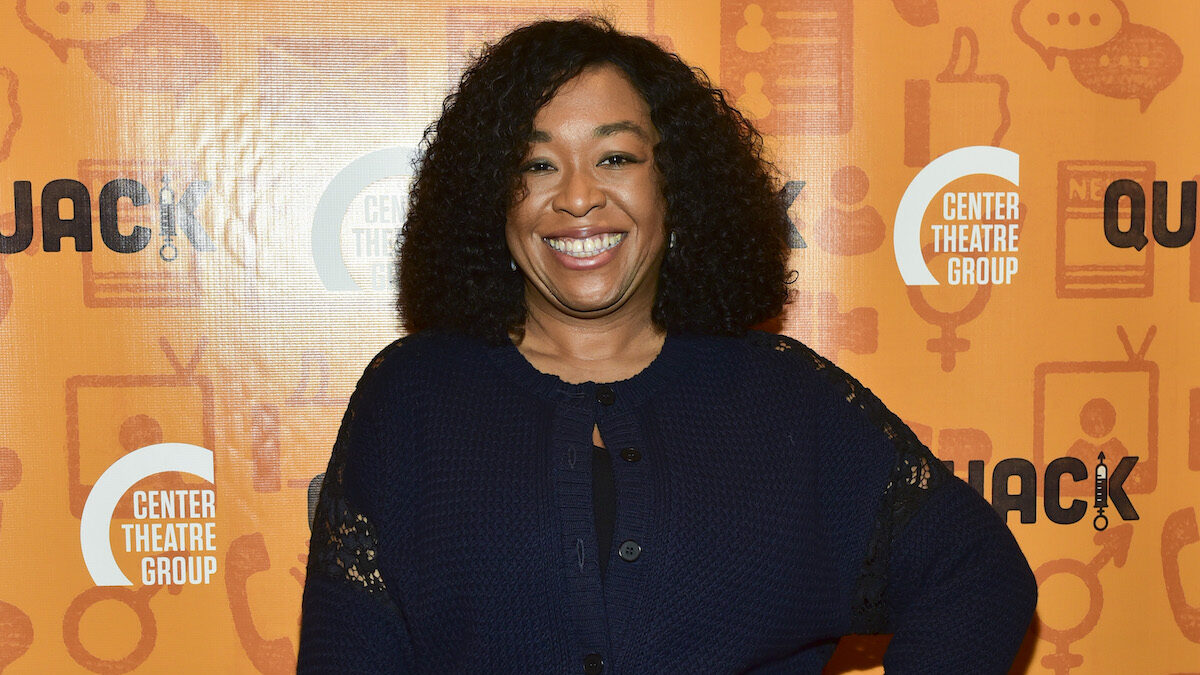Film Industry Takes Latest China Threats in Trump Trade War in Stride — for Now
Studios are largely prepared for China to put new limits on U.S. releases because the country already did that in 2021 The post Film Industry Takes Latest China Threats in Trump Trade War in Stride — for Now appeared first on TheWrap.

When asked about China’s plan to cut back on the Hollywood films it approves for release in its theaters in response to his tariffs, President Donald Trump responded with a chuckle on Thursday: “I think I’ve heard of worse things.”
Trump may not have many friends in Hollywood, but based on what studio insiders told TheWrap on Thursday, the response from the film industry to China’s move against them is closer to the president’s outright indifference than to any significant worry.
That’s because Hollywood has already largely made the adjustment to life without China after the country decoupled its rapidly rising market from American imports during the last surge in political tensions in the early stages of Joe Biden’s presidency.
In 2022, only 25 films from the U.S. were approved for Chinese release, according to data from Bloomberg and Maoyan. Last year, that number increased to 42 as annual box office totals fell 23% year-over-year to $6 billion, but that number is still two-thirds of the all-time high of 63 American imports released in 2018.
Now, with the local film market back in high gear thanks in great part to the record-breaking success of “Ne Zha 2,” China can afford to close the valve on Hollywood again.
“I think with only a couple exceptions, everyone has been making movies the last few years with China not really included when judging box office potential,” one studio insider told TheWrap on condition of anonymity.

***
Back in 2021, without a public declaration from its government film board like the one made Thursday, China significantly curtailed the number of U.S. movies that it approved for local release. With films like “The Battle of Lake Changjin,” “Hi, Mom” and “Detective Chinatown 3” topping the charts, some of the top Hollywood titles of that year, including all of Marvel Studios’ output like “Spider-Man: No Way Home,” were not approved for Chinese release.
That sudden pullback forced Hollywood to pivot from a strategy it had adapted through the 2010s that put China at the forefront of its overseas releasing. After a 2012 agreement between the two countries that guaranteed a quota of 34 Hollywood imports, the American film industry worked tirelessly to attract Chinese audiences as thousands of theaters were rapidly built across the country.
Though studios only received 25% of grosses from Chinese theaters, it was still a rapidly developing and largely untapped market. Films like “The Meg” and “Warcraft” were developed through co-productions with Chinese companies, and studios subjected their films to state censor boards to receive distribution approval.
But in the 2020s, the decrease in China’s dependency on the U.S. to sustain its box office has been rapid. No Hollywood films cracked the top 10 highest grossing movies in China in 2023, while Warner Bros./Legendary’s “Godzilla x Kong: The New Empire” was the sole U.S. entrant on the 2024 charts with $132 million, good for eighth that year.
And this year, the Chinese film industry achieved a remarkable milestone and its own flag of independence from the Hollywood machine, when the animated blockbuster “Ne Zha 2” became among the top five highest-grossing films in history with a $2.14 billion box office. It’s the first animated film to cross $2 billion thanks to repeat viewings from Chinese moviegoers excited to see a film rooted in their culture and with the production value that until recently they could only get from American companies like Disney and DreamWorks.
Since the pandemic, only eight films from American studios have grossed more than $100 million in China, the highest being Disney/20th Century’s “Avatar: The Way of Water” in 2022-23 with $246 million. By comparison, nine Hollywood films crossed that threshold in 2019 alone, led by “Avengers: Endgame” with $632 million.

Perhaps a complete ban may have been a bigger concern in Hollywood. That was rumored to have been on the table when a Xinhua news editor and the influential grandson of a CCP official posted on social media that a film ban was among six countermeasures being considered by the Chinese government in response to Trump’s tariffs, which on Thursday were hiked to 145%.
But one executive who oversees Chinese film distribution told TheWrap on Wednesday that his company didn’t think a ban was seriously considered. Despite Hollywood’s reduced footprint, there are still several American films with substantial hype among Chinese audiences set for release this year, including December’s “Avatar: Fire and Ash,” November’s Disney animated sequel “Zootopia 2” (Shanghai Disneyland is the only Disney park with a “Zootopia”-themed land) and Paramount’s “Mission: Impossible – The Final Reckoning,” which is driven by the global star power of Tom Cruise.
It’s possible that, as the CFA spokesperson suggested, Trump’s actions lead the Chinese public to skip “Zootopia 2” and all other American cinema that does make it into theaters out of a sense of patriotism, similar to how Canadians have responded to Trump’s tariff threats by pledging to buy local goods rather than American imports.
But an insider at Disney said that it was still too early to conclude that the tariff dispute would result in a significant hit to Disney. This executive suggested that the company’s exposure was significant, but not so significant as to pose an insurmountable risk.
That’s not to say that Trump’s tariffs don’t have Hollywood worried about other forms of negative impact. An insider at another major studio said that a bigger issue beyond China is how the tariffs could weaken the U.S. dollar against other global currencies.
“From a box office perspective, returns come in at a higher rate internationally when the value of the dollar is lower. However, the cost of doing business increases, so there is a tradeoff,” the insider said. “Given the volatility, we’re not sure what that will ultimately entail.”
The post Film Industry Takes Latest China Threats in Trump Trade War in Stride — for Now appeared first on TheWrap.



















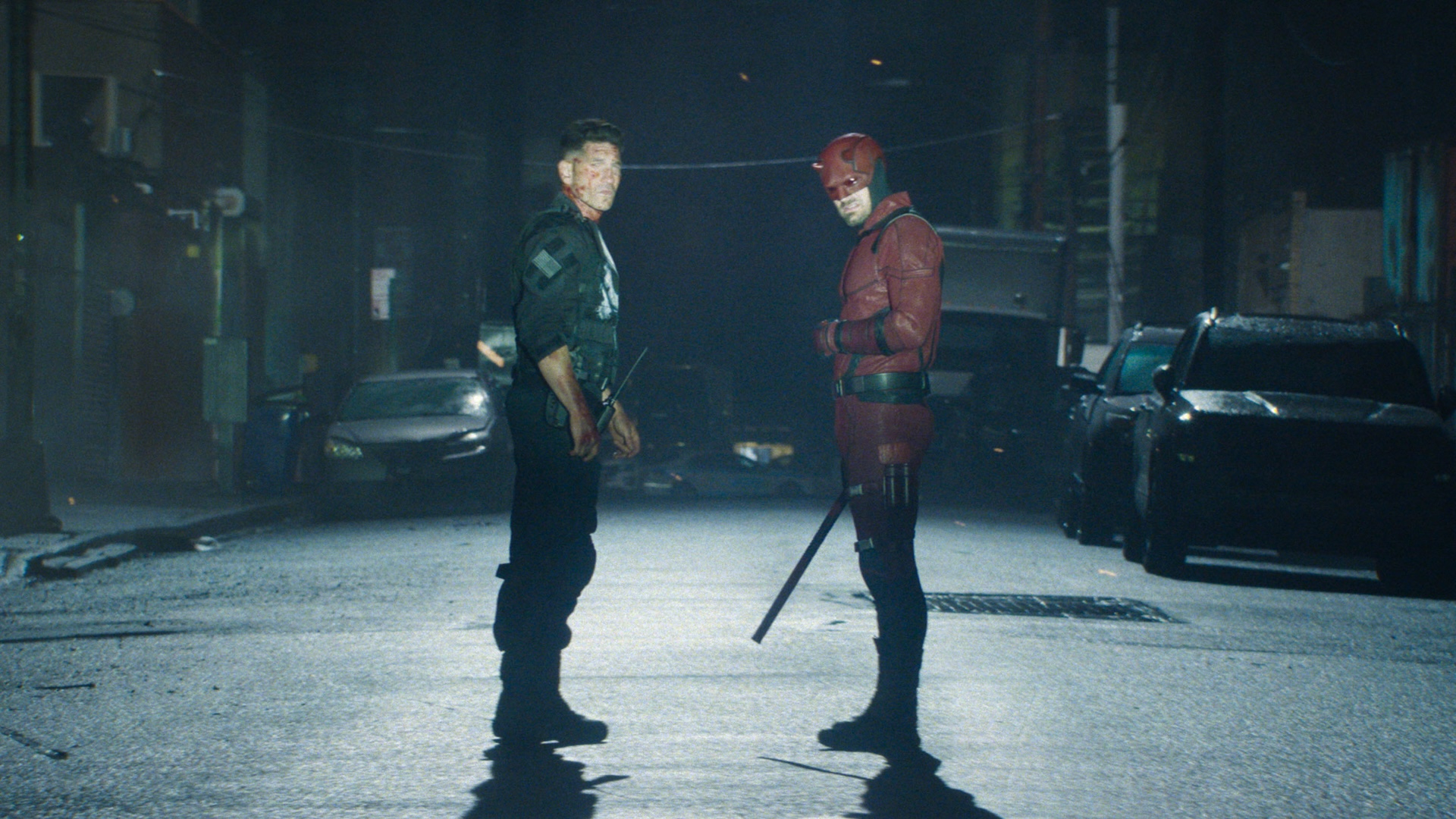


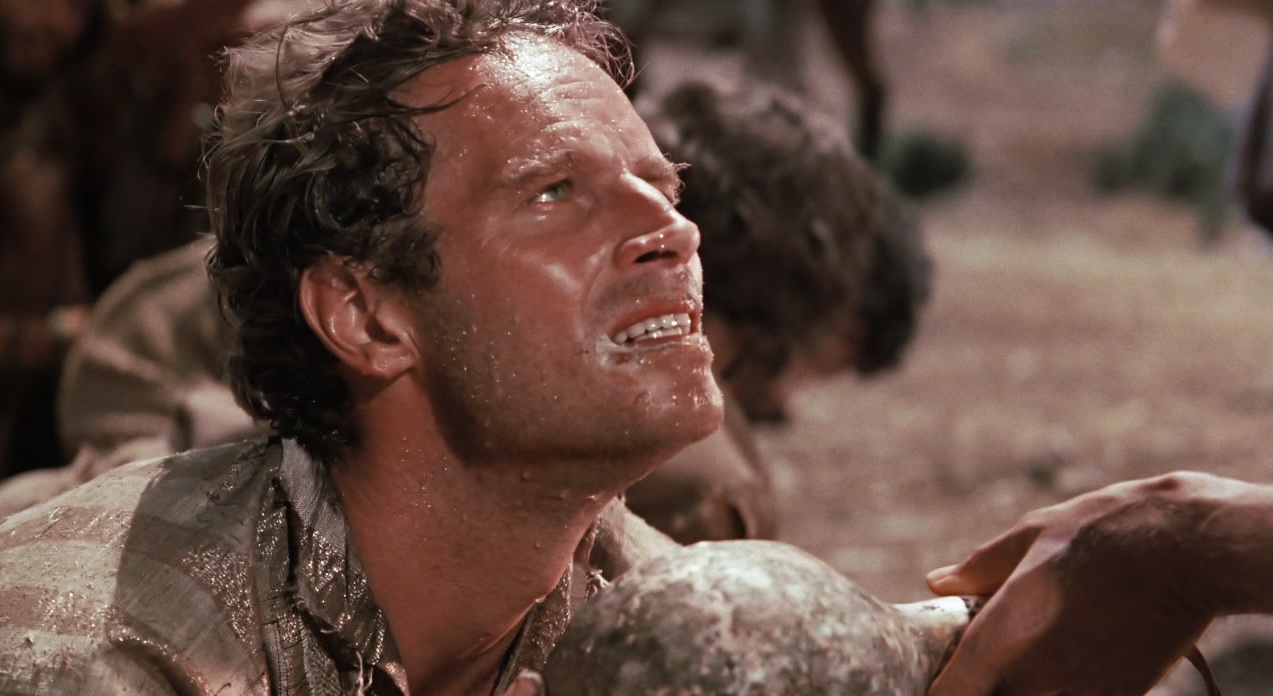






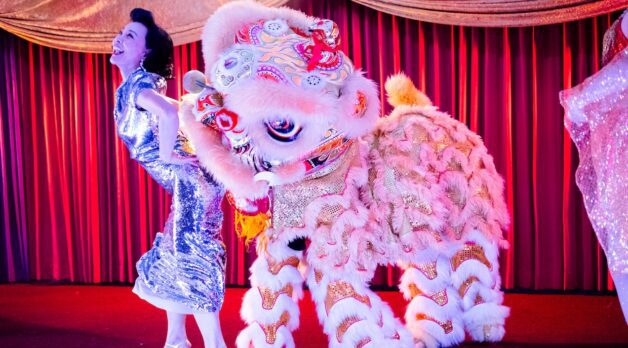









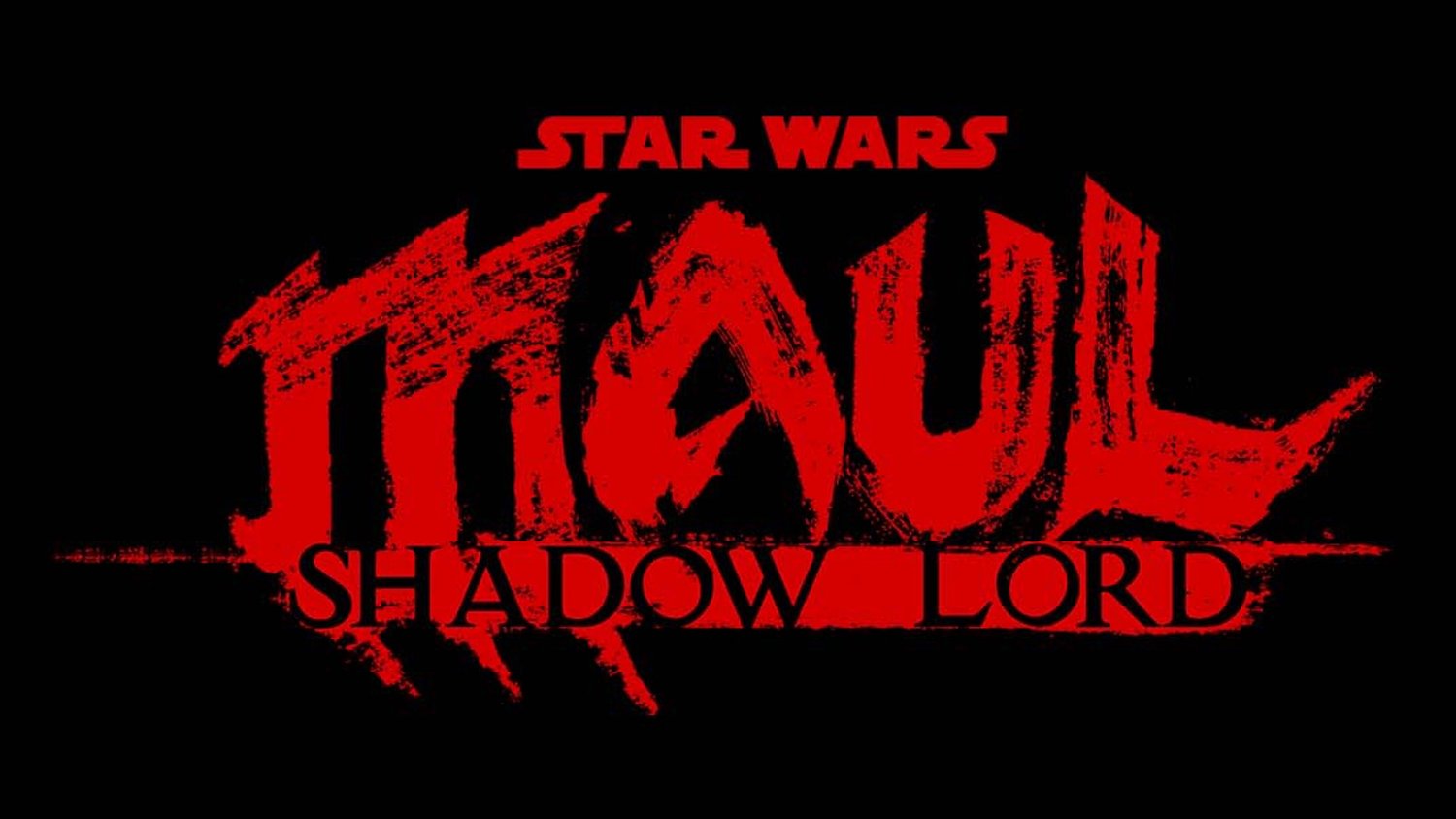









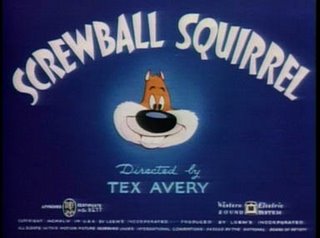





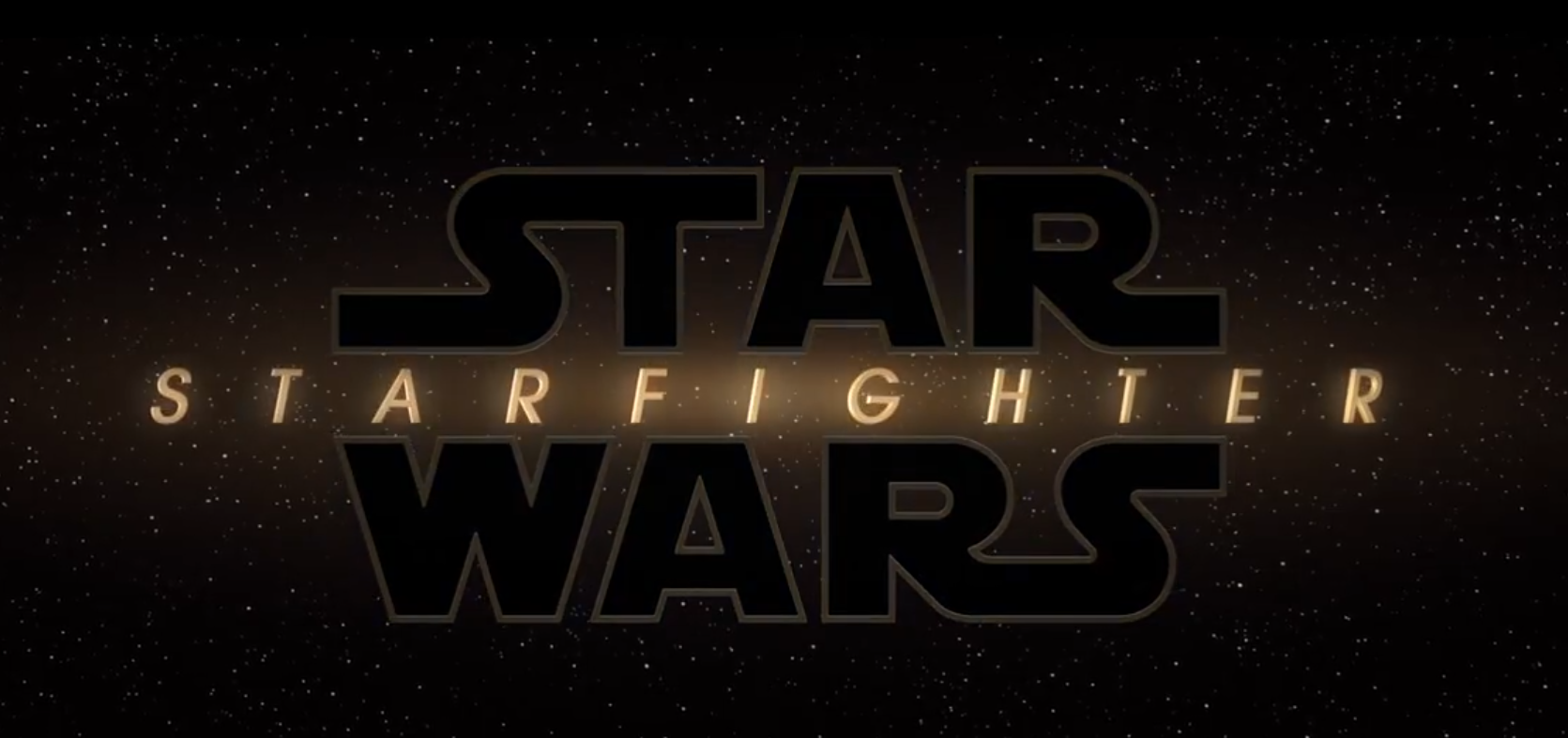

























![Delroy Lindo Didn't See Sinners As A Horror Movie [Exclusive Interview]](https://www.slashfilm.com/img/gallery/delroy-lindo-didnt-see-sinners-as-a-horror-movie-exclusive-interview/l-intro-1744989007.jpg?#)










